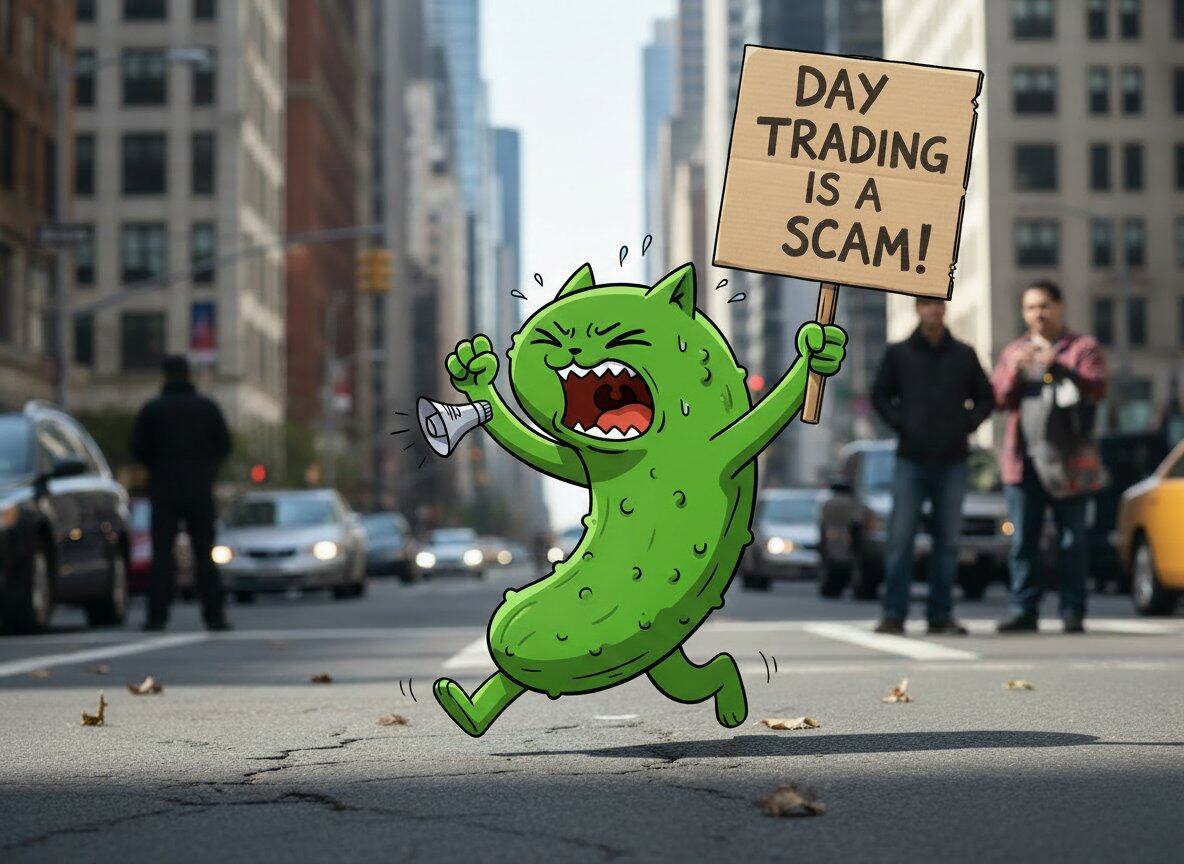How to capture opportunities in Web3?
Original: Fenbushi Capital
"Why everyone yearns for Web3.0, because this is a people-oriented era, where personal sovereignty returns and personal value is highlighted. Those who are capable will dig into Web3.0."
Although Web3.0 contains richer semantics, from an industry perspective,
Web3.0 refers to:
1. Network operation and maintenance will be carried out in a more decentralized manner.
2. User digital identity, assets and data are owned by individuals.
3. Deconstruction and reconstruction of the centralized organizational structure.
Web3.0 employees can get rid of geographical barriers and seek more diversified development. Those who can do more work, more pay for more work, and flexible employment. The book "The Sovereign Individual" mentioned this kind of organizational structure, that is,Hollywood project system——The director, actors, lighting engineer, cameraman, sound engineer, and costume designer gather together through the project and go their separate ways after the project is over. So, based on these characteristics of Web3.0, what job opportunities will individuals get in the future? This article will discuss this topic in light of the current status of the industry.
First, let's take a look at the composition of Web3. According to Coinbase's classification, Web3 can be roughly divided into 4 layers. respectivelyProtocol layer, basic component layer (Infrastructure / Category Primitives), use case layer (User Case Layer), access layer (Access Layer) from bottom to top, the bottom layer is the protocol layer (Protocol layer), which is the bottom layer of the blockchain Architecture, all products and services are built on it, mainly represented by the public chain and the second layer. The second layer isBasic component layer (Infrastructure / Category Primitives),It consists of interoperable modules, each module corresponds to a specific function, and smart contracts are one of its manifestations. The third layer isUser Case Layer, which includes more front-end applications: games, social, Defi, NFT, etc. top level isAccess Layer,image description
The picture comes from Coinbase, link https://blog.coinbase.com/a-simple-guide-to-the-web3-stack-785240e557f0
This paper mainly divides the types of work intoparticipantas well asparticipantfirst level title
secondary title
one. network maintainer
Whether it is the POW or POS era, the operation and maintenance of the network will be carried out through more distributed devices/nodes. Regarding network maintainers, Bitcoin miners, Ethereum miners, and Filecoin miners are the most well-known. Network defenders shoulder the heavy responsibility of maintaining infrastructure security and fairness, and will play a role in the next generation of Internet, Internet of Things, edge computing, and 5G.
Qualified:
1. Node operators need to have physical equipment that meets the requirements.
first level title
Job Category: Creator
secondary title
two. Developer
After the project at hand is gradually improved, non-core developers have the opportunity to move on to the development of the next project. There are not a few people who wear multiple hats. For example, the development teams of projects such as Realms and Crypts and Caverns in the Loot ecosystem overlap.
secondary title
three. Community Manager (Moderator)
Community administrator Moderator, or MOD for short, is an indispensable occupation in Web3.0. NFT, Gamefi, Defi, and DAO projects all require relevant personnel to manage the community. MOD is usually served by the most active community members, but it does not rule out the case that the project party recruits through outsourcing. MOD has become the most competitive profession in the industry because of the opportunity to participate in the early team's profit sharing.
first level title
secondary title
Four. artist
Since the development of NFT, hundreds of artists and studios such as Beeples, Yuga Labs, and Fang Lijun have released NFT works. Among them, NFT issued by top artists and celebrities are very popular. NFT skips traditional middlemen such as galleries and auction houses, providing artists with new ways to monetize.
secondary title
Five: Metaverse Architect
Since the development of virtual world projects such as Sandbox, Decentraland, and Crypto Voxel, companies in the real world have increasingly demanded to build virtual headquarters. Metaverse architects have also become cutting-edge professions.
secondary title
six. game designer
Virtual world projects such as Sandbox, Decentraland, and Crypto Voxel are essentially UGC platforms. Game designers can not only create their own NFTs on the platform, but also participate in the design of maps, levels and combat modes in games on the platform, and have their own voxel games.
first level title
secondary title
seven. game player
In some chain game industries, goldsmiths and goldsmiths' guilds have become a very important part of the ecology. Due to the different classifications of chain games, some are more gold-based, and some are more game-oriented, so their game player groups are also very different. Axie Infinity players need to purchase more expensive game assets to make gold, so the guild pays for players to contribute to become an early P2E model. In Sandbox and Skyweaver, only smooth and experienced players can get gold rewards.
Conditions: In Krypton Gold games, players need to have a budget to purchase game assets;
secondary title
eight. DeFi/CeFi miners
DeFi/CeFi miners refer to groups that flexibly allocate funds to DeFi protocols/centralized exchanges to earn income. They often have insight into the DeFi product model and security, and can discover new protocols with the highest profitability in the first place, commonly known as head mining. The behavior of DeFi/CeFi miners has gone far beyond the nature of personal investment, requiring systematic research and a keen sense of the industry.
Requirements: a certain amount of capital and the professionalism of DeFi/CeFi.
To sum up the above, talents with professional skills, language proficiency, active thinking and full of creativity will have more competitive advantages in Web3.0. From the perspective of entrepreneurship, excellent talents need to get rid of the traditional web2.0 thinking logic to develop new products, have the appeal to win the support of most people, and integrate resources to expand ecological construction. It doesn't matter if ordinary people can't become "specialized and sophisticated" talents like entrepreneurs. Focused people can also capture their own opportunities by virtue of their ability to discover, gain insights, and summarize and analyze projects.



